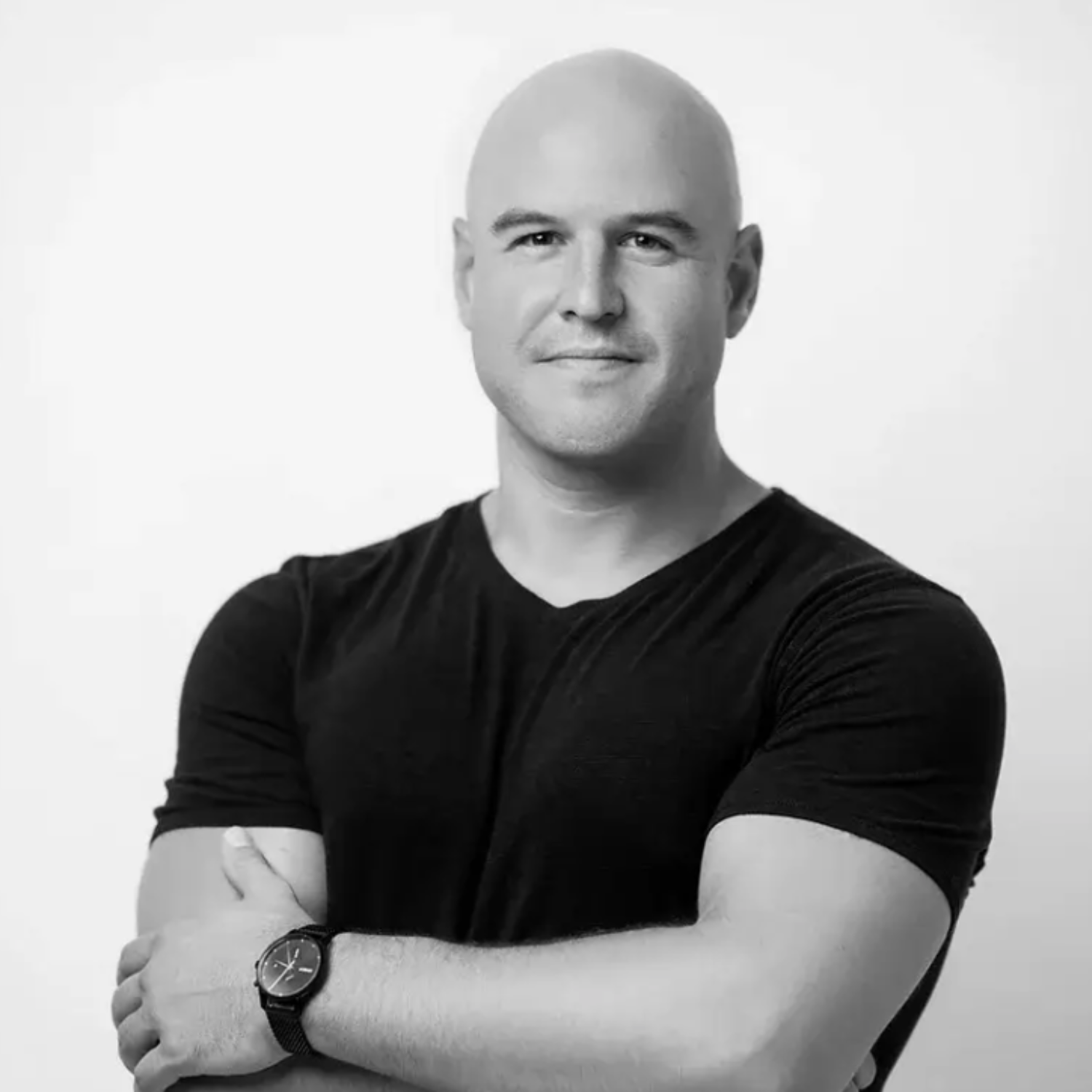
So I burned it.
I wasn’t pissed off – I’d just had an unexpected epiphany. Schedules can help remind us of nonnegotiable time commitments that we’ve already made. But they’re very poor motivators.
If they include anything that could be flexibly or spontaneously done, they make our days harder.
I spent a long time thinking that if I created a particular schedule – and especially if I printed it out, and taped it to my wall – my life would be simplified. I’ve learned the hard way that planning out your entire day creates more complexity – not less!
I once made this schedule for myself:
7 AM – Wake, 3 eggs, 2 cups coffee
7:30 AM – Gym
9 AM – Be at work
12:05 PM – Lunch
6:30 PM – Dinner
7 PM – Get random stuff done
9 PM – Read until bed
11 PM – Lights out
Did this schedule help me to accomplish anything? No, the end result was that I was irritated every time something unexpected came up.
Most people would be happy when an old friend calls. My response was more like: What the hell does he want??
What a lame little loser I was. Fortunately, within about 2 weeks, I’d forgotten entirely about my schedule. I removed it from my wall, long after forgetting it was there.
Schedules can be helpful if you need to be reminded of things you can’t miss. But for God’s sake, leave out the little stuff.
If you don’t, you’ll risk killing your subconscious creativity and destroying spontaneity, which is the source of most of the joy in life.
How Systems Saved Me From Schedules
I found a replacement for schedules when I read a great book by Scott Adams, the famous Dilbert cartoonist. In How to Fail at Almost Everything and Still Win Big, Scott talks about shunning goals and embracing systems.
When I first read this, I was confused. I’ve always considered myself goal-oriented. Adams’ point is not that we shouldn’t aspire to something. It’s that we should rethink the methods we use to get there.
As a method of doing things, daily schedules paralyze our minds and prevent us from capitalizing on opportunities that arise without warning (most of them do!).
So, I’ve fine-tuned my systems. I understand a system to be a way of doing something – or a process – that serves a rational purpose.
Instead of planning the “what” and “when,” the emphasis is on the process and your ability to be effective in the moment. As a result, no energy is wasted.
I have a system for writing: Whether for this blog or other projects, I make sure I put out something each day. I never waste time figuring out what or when, but the end result has been that I haven’t yet gone to bed without writing something.
When I had a strict schedule, I’d sit and brainstorm during the two hours I’d set aside for writing, and often the article would get pushed to the writing time slot on the following day.
I have a system for fitness: I work out six days per week. Sometimes I’ll hit the gym in the afternoon and other times later at night. I still stick to my 2 month programs, but I’m no longer a slave to the gym time slot.
I have a system for eating: I eat when I’m hungry. Depending on the day, I might have two large meals or six small ones. I’m visibly losing fat during this cutting phase.
(*However, creating a meal plan can serve as a blueprint. It can help you determine the daily macros you should be aiming for.)
I have a system for my business: I do whatever needs to be done, whenever I can. Because I’m honest with myself, I stay productive. I’ve ended up getting more accomplished since I stopped cramming projects into a schedule.
Burning your schedule is not the same as becoming a lazy bum. When you replace your schedule with routines, you free your subconscious mind and learn how to live in the moment.
You might surprise yourself. Most people who aspire to big things want to be productive in the moment. And this in itself is a pretty effective system for staying sober.
Cheers to ending the tyranny of the strict schedule. With a tall glass of Lemon La Croix in hand, I wish you the same epiphany.
-C
Author
-
A decade+ addiction-free, Chris Scott, the visionary founder of Fit Recovery, passionately guides Fit Recovery 2.0 Members toward a vibrant, healthier lifestyle. Through the integration of groundbreaking nutritional strategies, transformative reframing techniques, neurolinguistic programming, and dynamic pro-recovery habit systems, he inspires individuals to boldly take charge of their lives and break free from alcohol. Chris is celebrated as a Professional Member of the Alliance For Addiction Solutions. Moreover, he is the proud author of the bestselling book "Drinking Sucks!" which stands as a vital beacon of hope for those yearning to quit drinking. Additionally, he created the celebrated online program Fit Recovery 2.0, designed to provide unwavering support for individuals embarking on their recovery journey.
View all posts Fit Recovery Founder & Director






